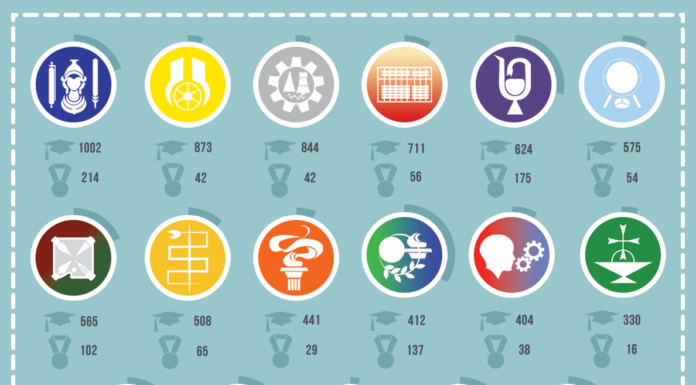BECAUSE evolution requires “the creation of things that evolve,” its nature is consistent with the notion of creation, the Supreme Pontiff last October said in the gathering of the Pontifical Academy of Sciences in Vatican.
In his second book, “The Science of God: Convergence of Scientific and Biblical Wisdom,” physicist Gerald Lawrence Schroeder attempts to reconcile the age of the universe and the Bible’s Book of Genesis, which earned the fascination of some and the ire of others.
The second in the author's series of books that reinterprets the Bible, The Science of God attempts to link the “six days” of Creation in Genesis with our 14 billion-year-old universe using various scientific and religious principles.
Elaborating on the arguments of his first book, "Genesis and the Big Bang," Schroeder used the Anthropic principle, cosmic microwave background radiation, and various interpretations of the Old Testament to fit 14 billion years into the six days of Creation–with the seventh day ongoing with the sixth.
14 billion years in six days
Schroeder argued that because the universe is observable by humans, the universe should have qualities to ensure humans could observe it. This concept, known as the Anthropic principle, serves as the foundation to a house of arguments stating that scientific principles may have been corresponding to Biblical verses, albeit in a subtle fashion.
For example, Schroeder used cosmic microwave background radiation, the residue left from the expansion of the universe, as basis to fit the first chapter of Genesis into the age of the universe.
He argued that because the wavelength of cosmic microwave background radiation is "stretched" while the universe expands, the amount of time that light has to travel to reach one end of the universe from the other is affected.
Schroeder further elaborated that there are two perspectives at work, one from the perspective of the Creator, corresponding to "six days" on His time, and the other from the reader, which, unlike the Creator, perceives the universe as 14 billion years old. He suggested that while the universe may have been 14 billion years old, six days have only passed from the Creator's point of view, much like the concept of time dilation.
His calculation, a derivation of the time it took cosmic microwave background radiation to be seen, claimed that each day in Genesis differs from the previous one by a factor of two.
Schroeder explained that Day One began between the moment of quark confinement to the creation of the Milky Way galaxy, which lasted about eight billion years.
Quark confinement is the period just a hundred-thousandth second after the Big Bang phenomenon where quarks and gluons (subatomic particles) become confined together in mesons (an unstable subatomic particle). Today, quarks and gluons could only be observed inside mesons. Schroeder did not elaborate why he chose that phenomenon to make up Day One, which sparked the ire of his critics.
Day Two, according to Schroeder, spanned approximately four billion years, which happened between the formation of the Milky Way to the formation of liquid water. Day Three, which lasted about two billion years, ended with the atmosphere becoming transparent to radiation. Meanwhile, Day Four, which endured for a billion years, marked the appearance of the first multicellular animals. Day Five, which persisted for half a billion years, spanned the massive extinction towards the end of the Palaeozoic era. Lastly, Day Six, which according to him was a quarter billion years and continues to the present, corresponded to the appearance of the first humans.
Much of the book explores these periods in detail, like how dinosaurs could have been mentioned in the Bible, the notion of a soul, and how science may have proven the existence of free will.
"Misuse"
Separate from a new "reinterpretation" of the Bible, Schroeder tried to explain other phenomena in the Bible with the aid of scientific principles. His apparent "misuse" of these principles provoked his critics.
"Egregious errors in a supposedly scientifically consistent mathematical argument are simply inexcusable and led me to question the author's intellectual credibility," Peter Weichman, a theoretical physicist, said in his review of the book.
Much of his criticisms revolved around Schroeder's apparent misunderstanding of scientific principles he was using and the "glaring" logical errors in his arguments.
Weichman cited an instance where Schroeder tried to explain that hominids were “not human” by saying they do not have souls "yet." Meanwhile Adam and Eve were the first "humans" because of the Bible explicitly stating God creating them, hence the provision of a soul. Not much explanation was offered afterwards.















